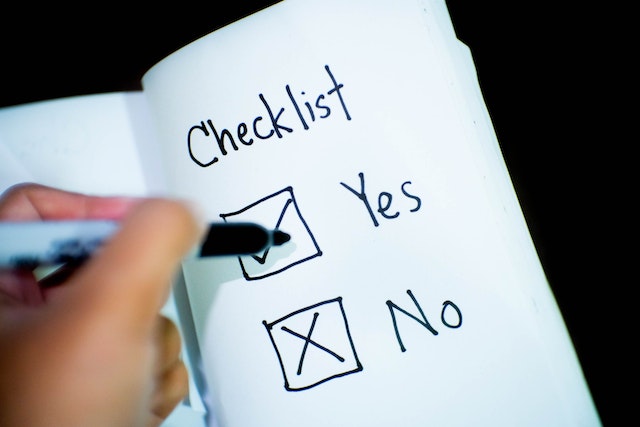Raising your level of self-awareness is a key area of what happens in therapy. Self-awareness involves knowing yourself better: your values, boundaries and what you want for yourself and your relationships with others.

Stopping and reflecting on how you’re feeling is an important part of self-awareness. How you’re feeling impacts how you act/react with the world and those around you.

Self-awareness is about understanding what your ‘default behaviours’ are, catching yourself before you go on auto-pilot down that route. When you can catch yourself, you can pause, reflect, then make a conscious choice about what you do next rather than just react the same way time and again. An example is if you’re having an argument with a significant other. How are you feeling? Pissed off. What do you want to do? Shout; stop off; block them out and ignore them.

You might still get into an argument but perhaps stop mid-way, reflect on how you feel – because you rarely argue. Once you’ve had time to reflect you’d realise while you’re feeling angry, it’s more about work than your partner; you haven’t been sleeping well, you’re stressed out and you realise you currently have a very short fuse. Instead of reacting to your feelings of anger/frustration/disillusionment, you might realise you haven’t been happy with work for a long time and you really want to quit but are too scared to face what that might mean.

If you follow a path of self-awareness and can be brutally honest with yourself, you can take real actions towards happiness. It also means facing up to and taking responsibility when your behaviour hasn’t been great. It may require a big apology to your partner as well as a good hard look at yourself. A journey into therapy can also help you understand yourself better. There also isn’t an ultimate level of self-awareness (unless you’re Buddha!) as it’s an on-going process.

Ultimately self-awareness is about peace, kindness, connection, choice and happiness.

